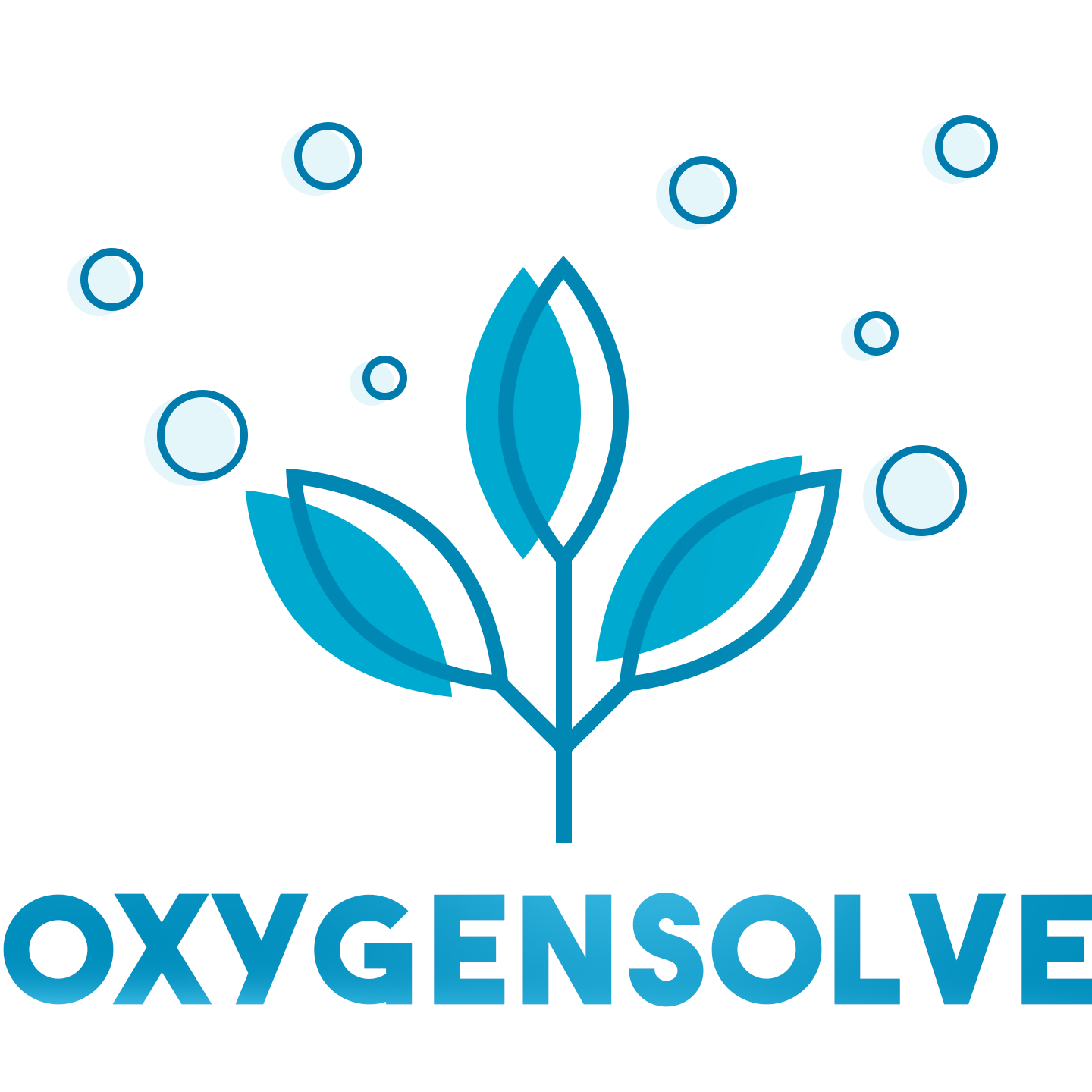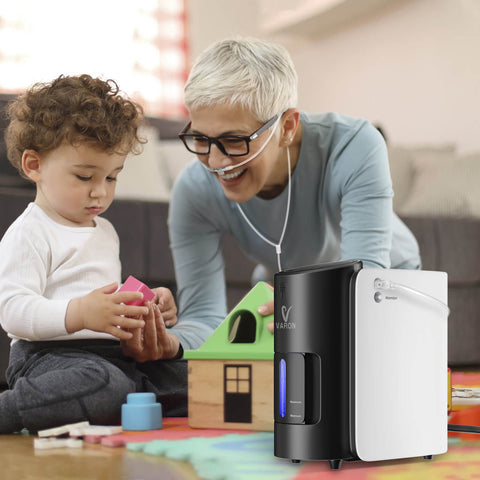Caring for Loved Ones with Home Oxygen Therapy: A Caregiver’s Guide
CODE
Caring for a loved one who requires home oxygen therapy can feel overwhelming at first, but with the right tools, knowledge, and support, it becomes a manageable and fulfilling task. Whether your loved one has chronic obstructive pulmonary disease (COPD), severe asthma, or another respiratory condition, home oxygen concentrators play a vital role in improving their quality of life. This guide offers practical tips for caregivers to ensure their loved ones stay safe and comfortable while using oxygen therapy.
Understanding Home Oxygen Therapy
Home oxygen therapy involves providing supplemental oxygen to individuals with low blood oxygen levels. Modern home oxygen concentrators are highly efficient devices that deliver oxygen in a form that’s easy to administer. They operate in two primary modes: continuous flow, which provides a steady stream of oxygen, and pulse-dose, which delivers oxygen based on the user’s breathing patterns.

Caregivers must familiarize themselves with the specific needs of their loved ones to choose the right device and settings. Continuous flow concentrators are often recommended for individuals requiring consistent oxygen, such as those with severe respiratory conditions or sleep apnea.
Read more: The Role of Home Oxygen Therapy in Managing Chronic Respiratory Conditions
Benefits of Home Oxygen Concentrators
For caregivers and patients alike, home oxygen concentrators offer several advantages:
- Portability and Convenience: Many models are lightweight and easy to move, ensuring patients can remain active.
- Cost-Effectiveness: Compared to oxygen tanks, concentrators eliminate the need for regular refills, reducing long-term costs.
- Safety Features: Advanced models include alarms and backup systems, ensuring safe oxygen delivery even in case of device malfunctions.
- Customizable Settings: Devices with continuous flow options provide reliable oxygen delivery for patients with varying needs.
When selecting a home oxygen concentrator, consider consulting with your supplier or healthcare provider to match the device to your loved one's specific medical requirements.
Practical Tips for Caregivers
1. Learn How the Device Works
Understanding the operation of home oxygen concentrators is essential. Caregivers should read the manual, attend a demonstration, or ask the supplier for a detailed walkthrough. Familiarity with the device's controls, alarms, and maintenance needs can prevent potential complications.
2. Create a Safe Environment
Safety is paramount when using oxygen therapy. Follow these guidelines:
- Keep the oxygen concentrator at least five feet away from open flames, heaters, and smoking areas.
- Ensure proper ventilation around the machine to avoid overheating.
- Use only manufacturer-recommended accessories and power cords.
3. Monitor Your Loved One’s Health
Portable Digital Reading LED Display Finger Pulse Oximeter
Regularly check your loved one's oxygen saturation levels using a pulse oximeter. This ensures the continuous flow or other settings are delivering adequate oxygen. Keep an eye out for symptoms of hypoxia, such as shortness of breath, dizziness, or confusion, and contact a healthcare professional if these occur.
4. Practice Routine Maintenance
Proper care of home oxygen concentrators extends their lifespan and ensures uninterrupted oxygen delivery. This includes:
- Cleaning filters and tubing as recommended.
- Inspecting for wear and tear.
- Scheduling regular service appointments with the supplier or manufacturer.
5. Support Emotional Well-Being
Living with a chronic condition can take an emotional toll on patients. Caregivers should provide encouragement, help maintain social connections, and involve loved ones in daily activities. Using portable oxygen concentrators during outings can reduce feelings of isolation.
Choosing the Right Home Oxygen Concentrator
At Oxygensolve, we offer a wide range of home oxygen concentrators to meet your needs. Our devices include advanced safety features, adjustable continuous flow settings, and energy-efficient designs to suit various lifestyles. Whether you’re seeking a stationary unit for home use or a portable option for travel, we provide personalized guidance to ensure you make the right choice.
When selecting a home oxygen concentrator, consider these factors:
Oxygensolve Home Oxygen Concentrators:Supporting Caregivers with Resources
Caring for someone with oxygen therapy can be demanding. It’s essential to seek out resources and communities that provide support:

-
Support Networks:
- Family Caregiver Alliance: Offers tools and educational materials for caregivers.
- Caregiver Action Network: Provides peer support and practical tips.
-
Educational Resources:
- American Lung Association: Includes information on respiratory diseases and oxygen therapy.
- MedlinePlus: Comprehensive medical resource with detailed articles about oxygen therapy.
-
Products and Services:
- Oxygensolve: Your trusted partner for home oxygen concentrators and accessories tailored to various needs.
- Local pharmacy or durable medical equipment suppliers: Check for in-person support and maintenance services.
-
Wellness and Stress Management:
- Mental Health America: Resources for managing caregiver stress and mental health.
- Meditation apps like Calm or Headspace for daily stress relief.
Final Thoughts
Providing care for a loved one using home oxygen concentrators requires dedication and preparation. By understanding how the devices work, maintaining a safe environment, and addressing your loved one's physical and emotional needs, you can make oxygen therapy a seamless part of their daily life. For high-quality concentrators and expert advice, Oxygensolve is here to support caregivers every step of the way.
Take the first step towards better care—explore our selection of home oxygen concentrators today!
By prioritizing safety, comfort, and the right equipment, you can ensure your loved one thrives with home oxygen therapy. Contact Oxygensolve to learn more about our products and services tailored to meet your needs.

























